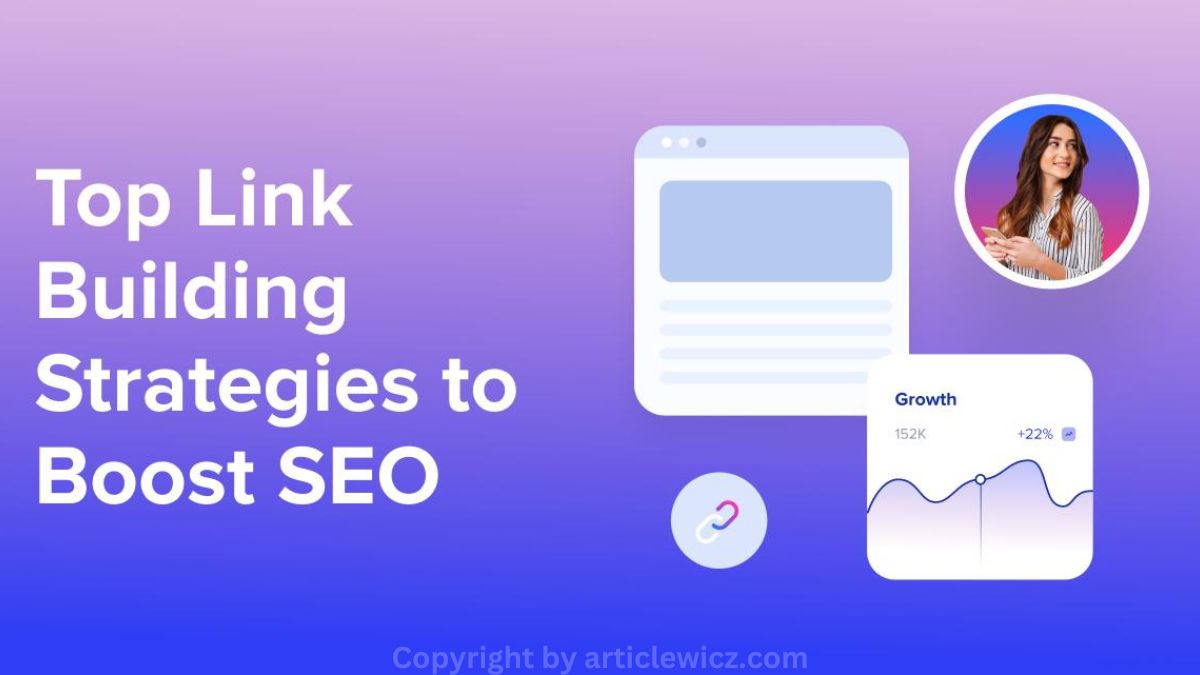The Ultimate Guide to SEO for Real Estate: Strategies for Success

In today’s digital age, having a strong online presence is essential for real estate businesses to thrive. As buyers and sellers increasingly turn to the internet to find properties and agents, understanding and implementing effective Search Engine Optimization (SEO) strategies becomes paramount. This comprehensive guide will explore SEO for real estate, focusing on optimizing your real estate website and the various SEO service packages available to help you enhance your online visibility and attract more clients.
Understanding SEO for Real Estate
SEO for real estate refers to the process of optimizing a website to rank higher in search engine results pages (SERPs) for relevant keywords and phrases. By effectively utilizing SEO techniques, real estate businesses can increase their visibility, attract targeted traffic, and generate leads. The importance of SEO in the real estate sector cannot be overstated; with a growing number of competitors vying for attention, leveraging SEO can set your business apart and drive significant growth.
Why SEO Matters in Real Estate
Real estate is a highly competitive industry, with numerous agents, brokers, and agencies competing for the same clients. Effective SEO can provide a competitive advantage in several ways:
- Enhanced Visibility: Higher rankings in SERPs lead to increased visibility, making it easier for potential clients to find your services.
- Cost-Effectiveness: Compared to traditional advertising methods, SEO is often more cost-effective. It targets users actively searching for real estate services, increasing the chances of conversion.
- Quality Leads: SEO helps attract qualified leads who are already interested in buying or selling properties, improving the likelihood of conversions.
- Brand Authority: A well-optimized website positions your brand as an authority in the real estate industry, building trust with potential clients.
Key Components of SEO for Real Estate Websites
Keyword Research
The foundation of successful SEO lies in thorough keyword research. Identifying the right keywords is essential for optimizing your real estate website. This involves understanding what potential clients are searching for when looking for properties or real estate services. Use tools like Google Keyword Planner, Ahrefs, and SEMrush to discover relevant keywords with high search volumes. Focus on long-tail keywords such as “luxury homes in [city]” or “affordable apartments for rent in [area],” as these phrases are often less competitive and can attract targeted traffic.
On-Page SEO
On-page SEO refers to optimizing individual web pages to rank higher and earn more relevant traffic. Key elements of on-page SEO for real estate websites include:
- Title Tags: Each page should have a unique title tag that incorporates relevant keywords. For instance, “Best Real Estate Agency in [City] | [Your Company Name].”
- Meta Descriptions: Write compelling meta descriptions that summarize the page content while including target keywords to entice users to click on your link.
- Header Tags: Use header tags (H1, H2, H3) to structure your content. Incorporate relevant keywords within these tags to improve SEO and enhance readability.
- Content Optimization: Create high-quality, informative content that addresses the needs of your audience. Utilize keywords naturally throughout the content without resorting to keyword stuffing, which can harm your rankings.
- Image Optimization: Optimize images by using descriptive filenames and alt text. This enhances accessibility and helps search engines understand the content of your images.
Technical SEO
Technical SEO involves optimizing the backend of your website to ensure it meets the technical requirements of search engines. Important aspects of technical SEO for real estate websites include:
- Mobile Optimization: Ensure your website is responsive and mobile-friendly, as more users are accessing websites via mobile devices. Google prioritizes mobile-friendly websites in its rankings.
- Site Speed: Fast loading times are crucial for user experience and SEO. Optimize images, leverage browser caching, and minimize JavaScript to improve site speed.
- Secure Sockets Layer (SSL): Implement SSL to secure your website. A secure website is favored by search engines, which can positively impact your rankings.
- XML Sitemap: Create and submit an XML sitemap to help search engines understand your website’s structure and index it more effectively.
Local SEO
Local SEO is particularly important for real estate businesses, as most property buyers and sellers search for services within their geographical area. Here are ways to optimize for local SEO:
- Google My Business: Create and optimize your Google My Business listing with accurate information, including your business name, address, phone number, and hours of operation. Encourage clients to leave reviews, as positive reviews can boost your local rankings.
- Local Keywords: Incorporate local keywords into your content, such as “homes for sale in [city]” or “best real estate agent in [neighborhood].”
- NAP Consistency: Ensure your Name, Address, and Phone Number (NAP) are consistent across all online platforms and directories, as inconsistencies can harm your local SEO.
- Local Citations: Build local citations by listing your business on local directories and real estate platforms. This enhances your credibility and visibility in local searches.
SEO Service Packages for Real Estate
To effectively implement SEO strategies, many real estate businesses opt for SEO service packages tailored to their specific needs. These packages can vary in scope and price, offering comprehensive solutions to help businesses improve their online presence. Here are common components of SEO service packages for real estate:
Basic SEO Package
A basic SEO package typically includes essential services to get your website optimized for search engines. It may consist of:
- Initial Website Audit: Identifying areas for improvement and optimization.
- Keyword Research: Determining target keywords relevant to your business.
- On-Page SEO Optimization: Enhancing title tags, meta descriptions, and header tags.
- Basic Content Optimization: Improving key pages to align with SEO best practices.
Advanced SEO Package
An advanced SEO package offers more comprehensive services suitable for businesses looking to enhance their online presence further. This package may include:
- In-Depth Website Audit: Detailed analysis with actionable insights.
- Extensive Keyword Research: Including competitor analysis and long-tail keyword discovery.
- Advanced On-Page Optimization: Comprehensive content strategy and internal linking.
- Technical SEO Enhancements: Focused on site speed, mobile optimization, and security.
- Local SEO Strategies: Google My Business optimization and citation building.
Premium SEO Package
For businesses looking for a full-service SEO approach, a premium SEO package provides an all-inclusive solution. This package often encompasses:
- Comprehensive Website Audit: Ongoing performance tracking and adjustments.
- Targeted Keyword Research: Focus on high-value keywords and long-tail phrases.
- Complete On-Page and Technical SEO Optimization: Comprehensive enhancements across all areas of SEO.
- Content Creation Services: Including blog posts, articles, and landing pages tailored for real estate.
- Advanced Local SEO Strategies: Reputation management and review generation.
- Monthly Reporting and Analytics: Tracking progress and making necessary adjustments to strategies.
Measuring SEO Success
Once you’ve implemented your SEO strategies, it’s crucial to measure their effectiveness. Key performance indicators (KPIs) for SEO in real estate include:
- Organic Traffic: Monitor the number of visitors arriving at your website through organic search results.
- Keyword Rankings: Track your rankings for target keywords over time to assess improvement.
- Conversion Rates: Measure the percentage of visitors who take desired actions, such as filling out contact forms or signing up for newsletters.
- Bounce Rate: Analyze the percentage of visitors who leave your site after viewing only one page. A high bounce rate may indicate a need for better content or user experience.
Conclusion
In conclusion, implementing effective SEO strategies for real estate is crucial for standing out in a crowded marketplace. By optimizing your website and online content, you can attract more potential clients, generate leads, and ultimately increase sales. Understanding SEO for real estate websites, along with choosing the right SEO service packages, can significantly enhance your business’s visibility and success in the digital landscape.
If you’re ready to take your real estate business to the next level, consider investing in SEO services tailored specifically for your needs. By focusing on keyword optimization, technical SEO, and local strategies, you can position your business for long-term success in the ever-evolving world of real estate.




